Research from spatial repellent trial in Syria published in BMC Medicine journal
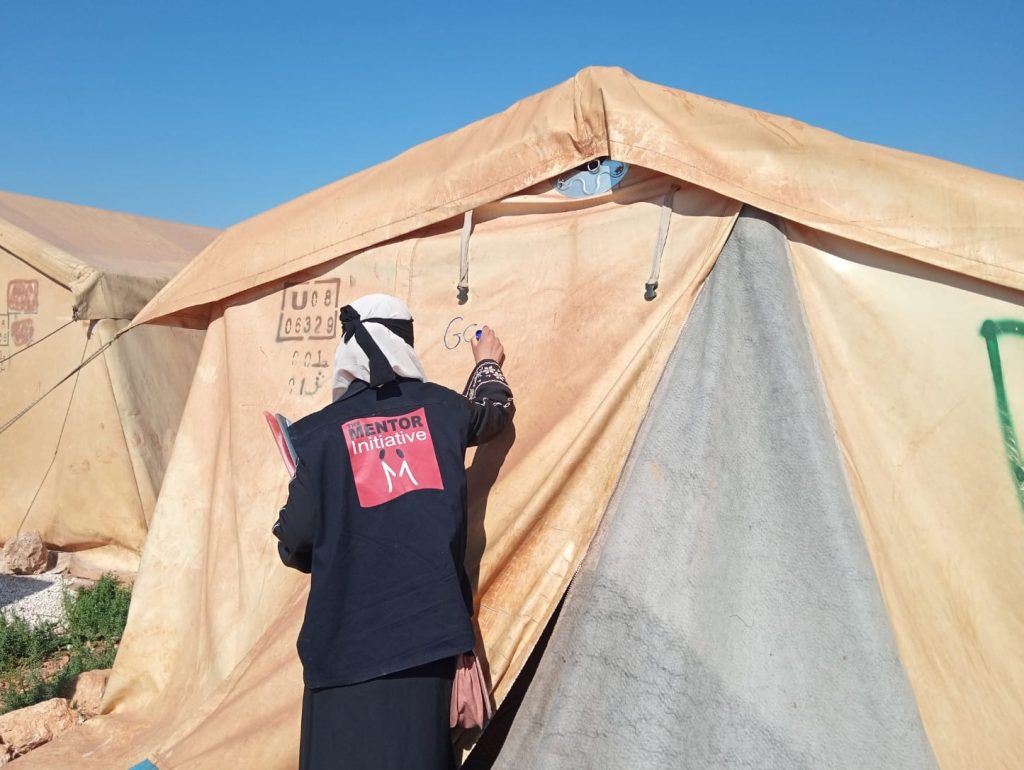
Research from a trial evaluating the efficacy of Mosquito Shield™ spatial repellent in reducing cases of cutaneous leishmaniasis in displacement camps in North-East Syria was published in BMC Medicine journal on 3 July. The results are significant and provide the first demonstrable impact of spatial repellents on cutaneous leishmaniasis (CL) transmission, particularly in fragile, humanitarian […]
Enhancing protection against vector-borne diseases in forcibly displaced communities: evaluating the efficacy of spatial repellents for cutaneous leishmaniasis control in North-East Syria
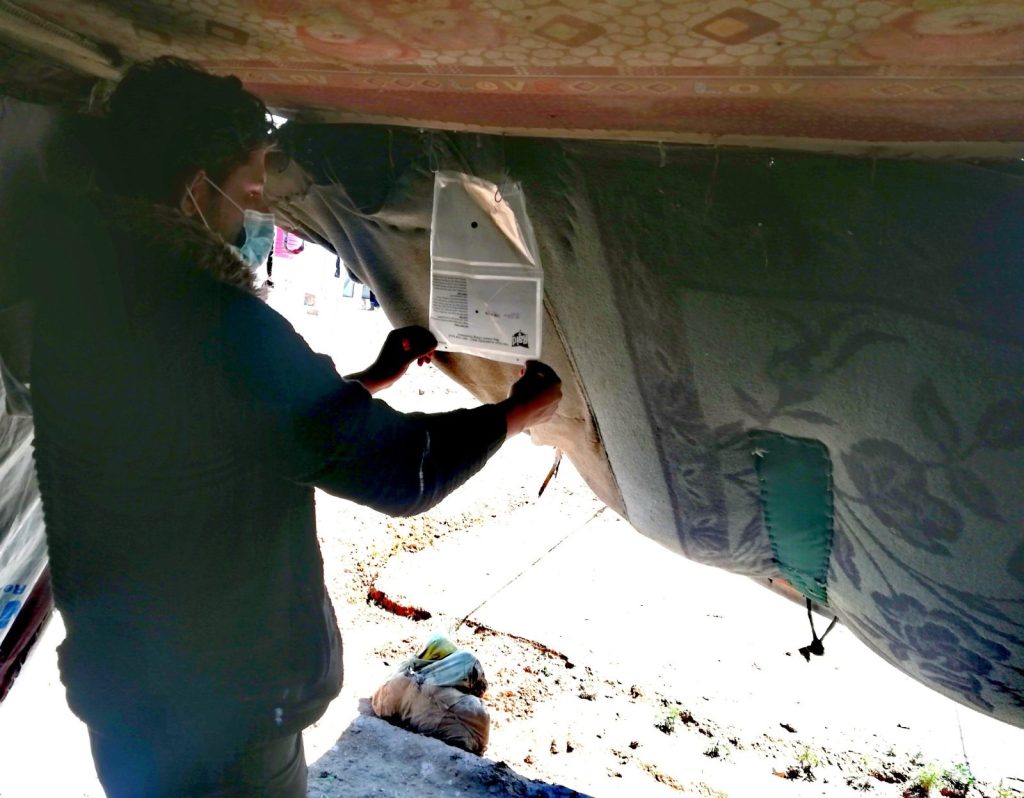
In Syria, during the 14 years after the outbreak of civil war, 16.7 million people have been forced to flee their homes, of which 7.2 million remain internally displaced in 2025. Breakdown in waste management caused by aerial bombardment has created ideal conditions for cutaneous leishmaniasis (CL) transmission, vectored by phlebotomine sandflies. Displaced populations reside in […]
Annual meeting for global tropical research, 13 to 17 November 2024
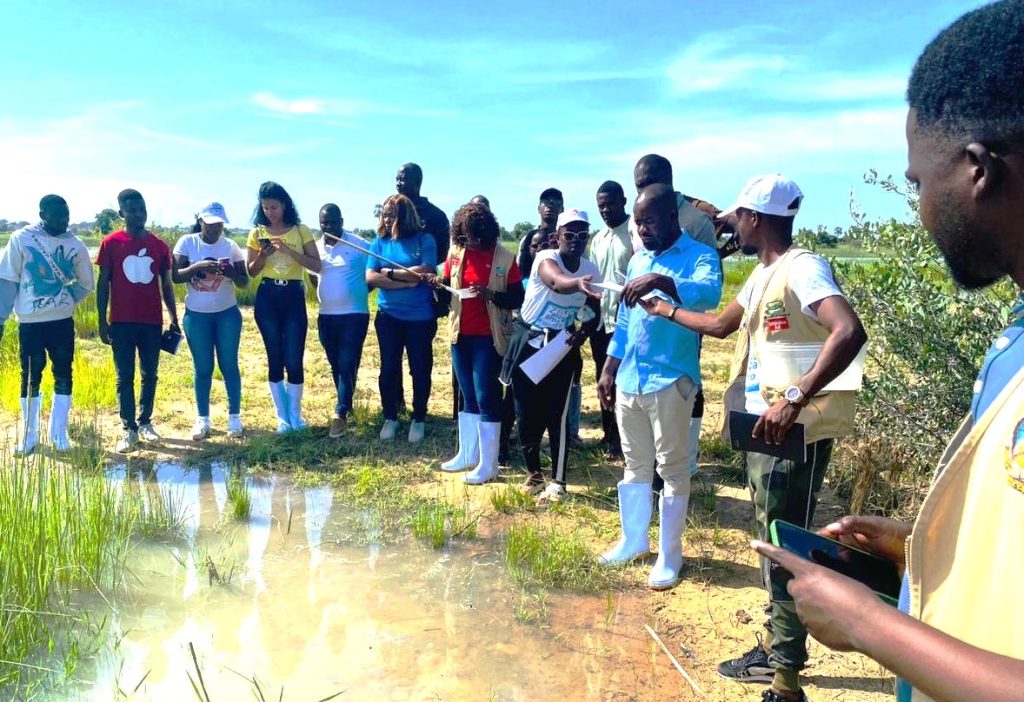
The MENTOR Initiative is back at the American Society of Tropical Medicine and Hygiene (ASTMH) annual meeting sharing insights from our programmes and learning from important research from across the world on tropical diseases management. MENTOR is once again presenting research on a range of topics aimed at showcasing our work in some of the […]
NTD control in northern Syria
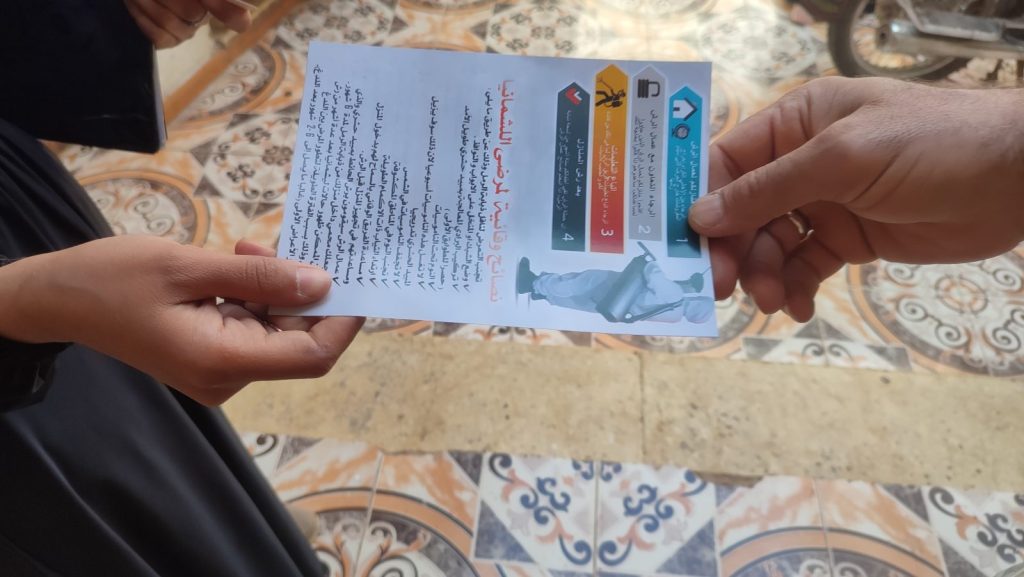
Northern Syria continues to face one of the most severe humanitarian crises globally after more than a decade of conflict. This has led to a significant loss of life, widespread displacement and a strained health infrastructure. Despite these challenges, millions of internally displaced persons (IDPs) have settled in the region, putting pressure on an already […]
World NTD Day 2024
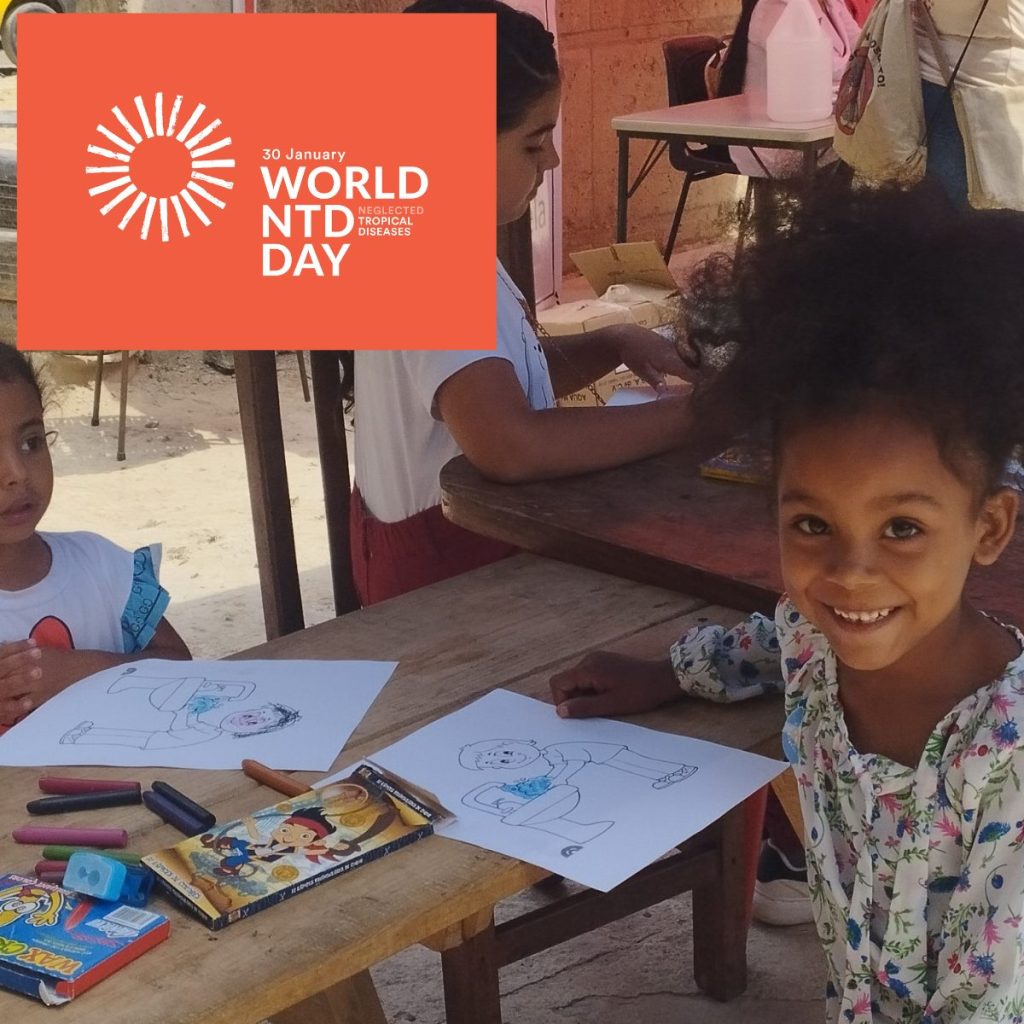
The MENTOR Initiative has been working to reduce the burden of Neglected Tropical Diseases for around 13 years across a wide range of contexts. Conflict, displacements, flooding, and a lack of infrastructure are some of the challenges our teams have faced to ensure NTD control activities reach underserved communities with limited access to healthcare. Working […]
MENTOR CEO calls for the approval of innovative vector tools to protect against multiple vectors
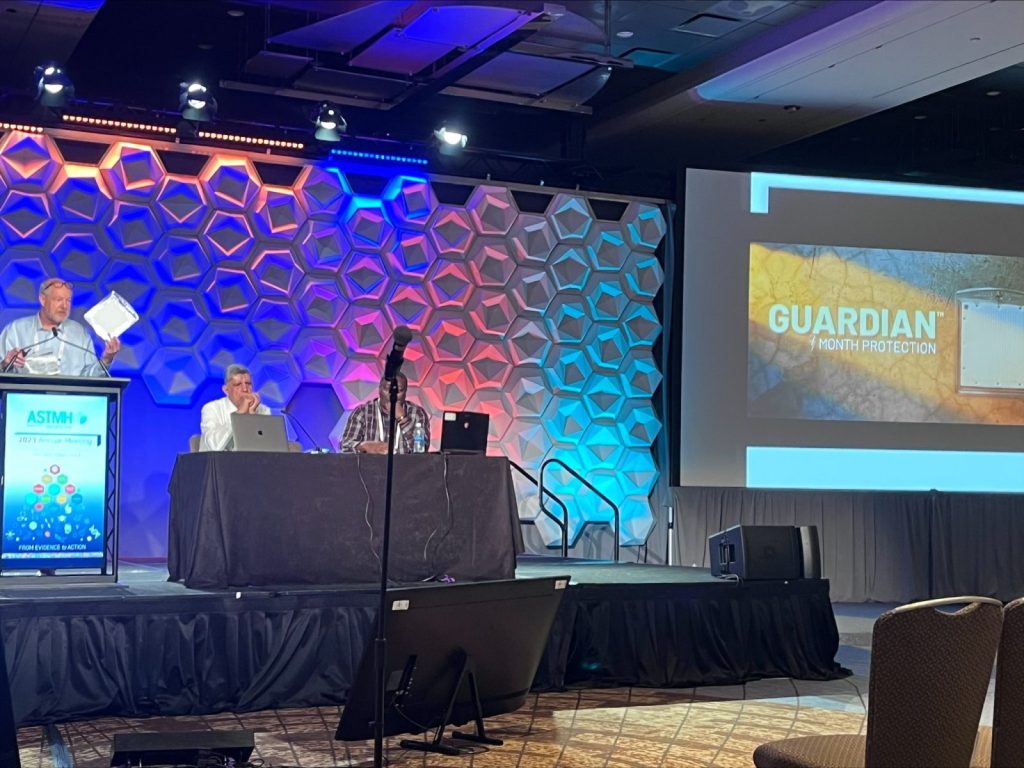
“We urgently need new disease control tools approved to effectively protect people from multiple disease-carrying vectors,” said Richard Allan during his talk at American Society of Tropical Medicine and Hygiene (ASTMH) last week where he presented the results from the trial of SC Johnson innovative spatial repellent, Guardian. The presentation was titled: Gaining control of invasive urban disease vectors: First […]
Update: The MENTOR Initiative’s humanitarian response following the earthquakes in Syria and Turkey
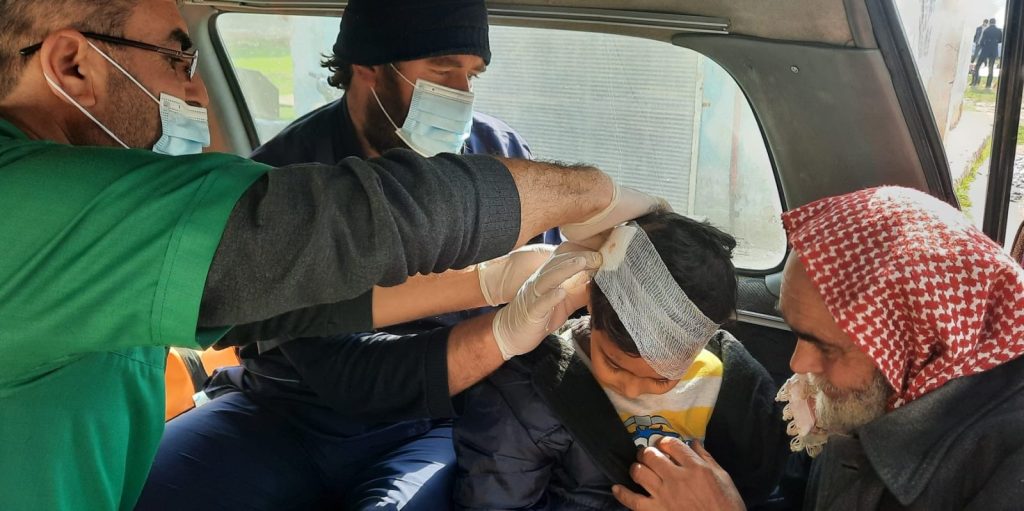
MENTOR’s team in northern Syria have repurposed five mobile clinics that are typically used for diagnosing and treating leishmaniasis, to provide critical healthcare and trauma kits in the worst affected areas in Aleppo and Idleb governorates. Our highly experienced medical officers and assistants are working from the mobile clinics to treat a range of trauma […]
Emergency response in Syria following earthquakes on 6 February
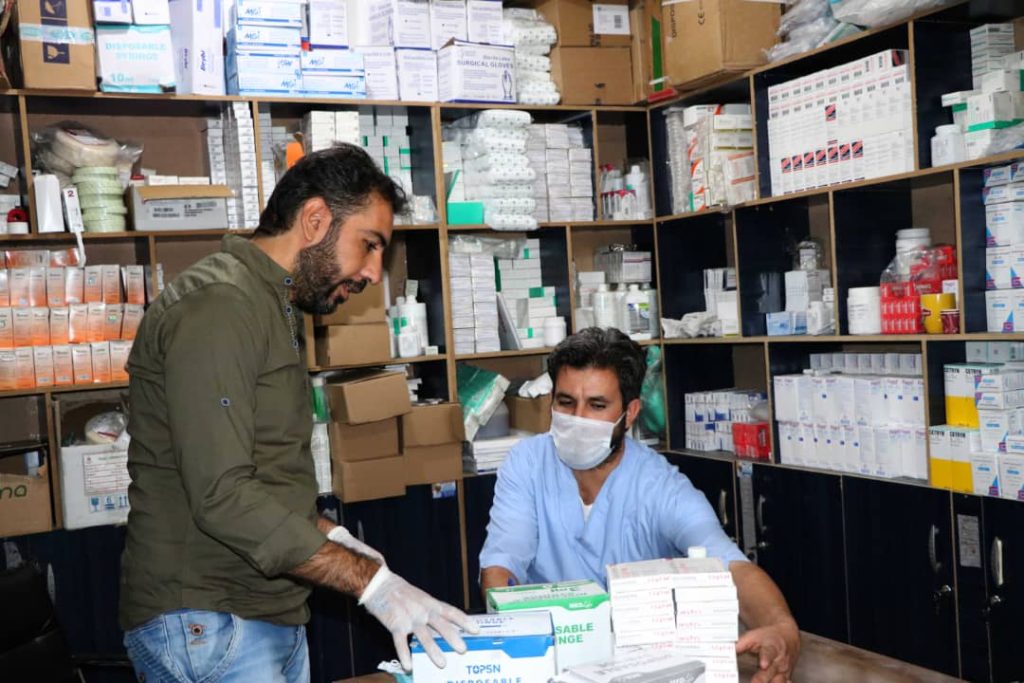
The MENTOR Initiative in Turkey, Iraq and Syria remains fully operational, and has a decade of experience working across northern Syria, including those areas affected by the earthquake. Here, we co-ordinate and deliver large scale disease control, and support communities and healthcare facilities. In the past 48 hours, MENTOR has repurposed four mobile clinics and […]
Sharing best practice at the Neglected Tropical Diseases Conference, September 2022
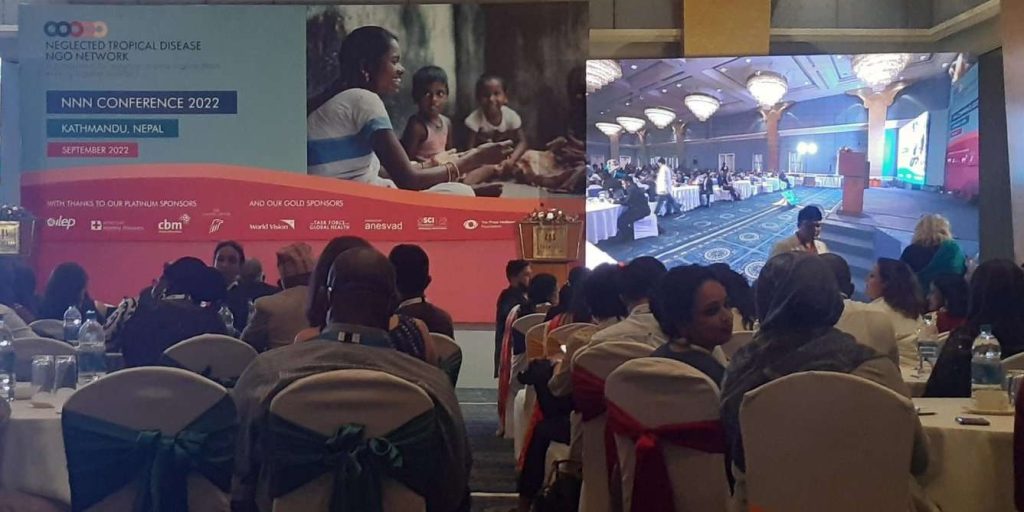
The MENTOR Initiative, a sponsor of the Neglected Tropical Diseases NGO Network (NNN) conference, attended in person to share experiences and best practice with implementing partners and national NTD programmes. MENTOR is an active member of NNN and contributed to some of the cross-cutting groups that met. The theme of the conference: NTDs in health […]
Primary Healthcare in the community
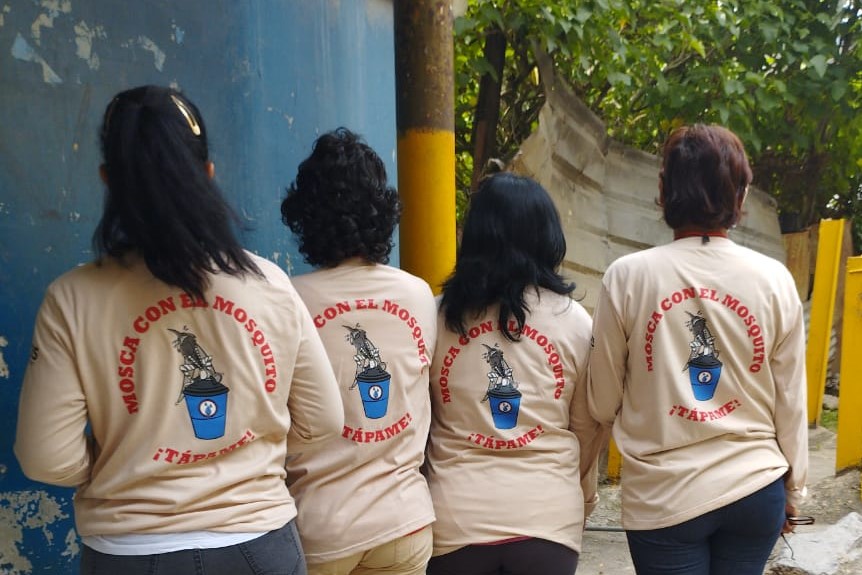
The MENTOR Initiative provides life-saving primary healthcare for displaced, vulnerable and hard to reach communities through the training and support of Community Health Workers (CHWs). In the past year we have trained and provided support to over 3,000 community health workers across our programmes in Central African Republic, Mozambique, Angola, Syria and Venezuela. Community health […]
